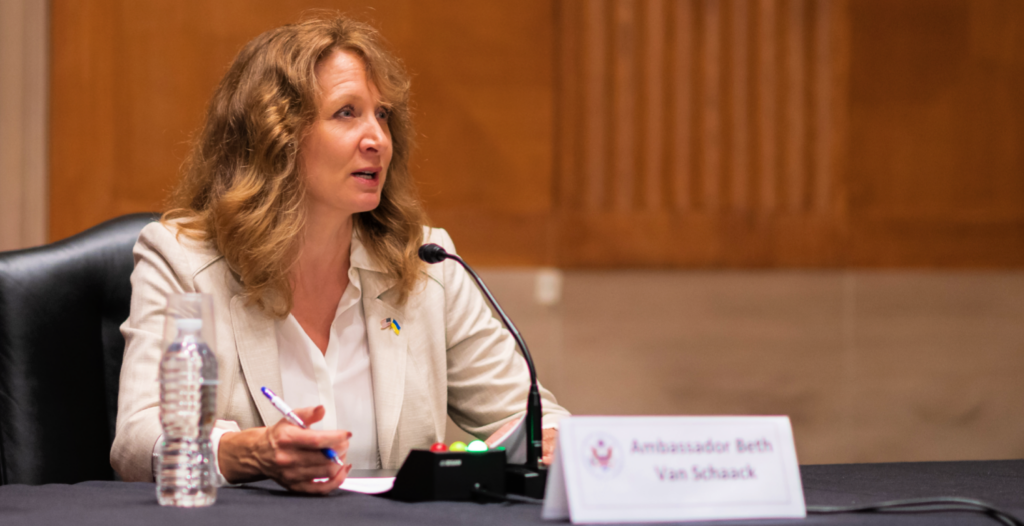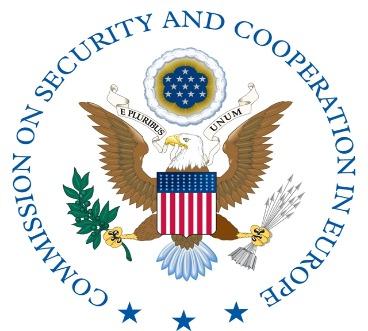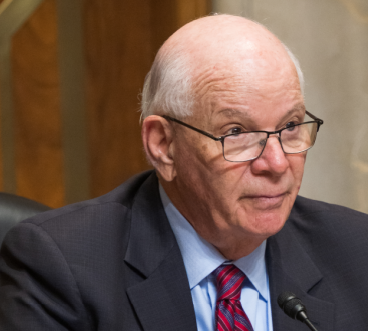Torture

U.S. Helsinki Commissioners Welcome Release of Unjus...
Aug 01, 2024WASHINGTON—Today, U.S. Helsinki Commission Chairman Rep. Joe Wilson (SC-02), Co-Chairman Sen. Ben Cardin (MD), Ranking Member Rep. Steve Cohen (TN-09), and Ranking Member Sen. Roger Wicker (MS) celebrated the release […]

My “Hell” in Russian Captivity
Sep 15, 2022Russia’s war crimes in Ukraine include the brutal and unlawful detention of thousands of Ukrainians. At this hearing, Yuliia “Taira” Paievska, a well-known Ukrainian volunteer medic who was detained in […]
Ukrainian Medic to Testify on “Hell” in Russian Capt...
Sep 07, 2022WASHINGTON—The Commission on Security and Cooperation in Europe, also known as the Helsinki Commission, today announced the following hearing: MY “HELL” IN RUSSIAN CAPTIVITY Taira Paievska on Russia’s War in […]

Russian War Crimes in Ukraine
May 04, 2022Well-documented Russian bombings and missile strikes in Ukraine have decimated hospitals, schools, and apartment buildings, including a theater in Mariupol where hundreds of children were sheltering and the Kramatorsk rail […]

Russian War Crimes in Ukraine to Be Discussed at Hel...
Apr 28, 2022WASHINGTON—The Commission on Security and Cooperation in Europe, also known as the Helsinki Commission, today announced the following hearing: RUSSIAN WAR CRIMES IN UKRAINE Wednesday, May 4, 2022 NEW TIME: […]

Remembering Sergei Magnitsky
Nov 18, 2021Madam President, 12 years ago this Tuesday, Russian tax lawyer Sergei Magnitsky died in Moscow at the hands of prison guards who, instead of treating him for the acute illness […]

Helsinki Commission Recalls Legacy of Sergei Magnitsky
Nov 16, 2021WASHINGTON—On the 12-year anniversary of the death of Sergei Magnitsky, Helsinki Commission Chairman Sen. Ben Cardin (MD), Co-Chairman Rep. Steve Cohen (TN-09), Ranking Member Sen. Roger Wicker (MS), and Ranking […]

REMEMBERING AND HONORING SERGEI MAGNITSKY
Nov 16, 2021Mr. COHEN. Madam Speaker, today we remember and honor Sergei Magnitsky, the Russian tax lawyer who in 2008 uncovered a massive fraud scheme of hundreds of millions of dollars perpetrated […]
Tribute to Erika Schlager
Jun 21, 2021I want to acknowledge one individual who recently announced that she is retiring, Erika Schlager, after 34 years of service to the Commission and to the global community. Erika received […]

Helsinki Commission Commemorates 45 Years of Advanci...
Jun 03, 2021WASHINGTON—To commemorate the 45th anniversary of the Commission on Security and Cooperation in Europe, also known as the U.S. Helsinki Commission, on June 3, Chairman Sen. Ben Cardin (MD) and […]
OSCE Ministerial Council Appoints Top Leaders, Adopt...
Dec 21, 2020By Shannon Simrell, Representative of the Helsinki Commission to the U.S. Mission to the OSCE Foreign ministers of the 57 OSCE participating States convened on December 3 – 4, 2020, […]

Hastings: Petty Parochialism Denies OSCE Vital Leade...
Jul 14, 2020WASHINGTON—Following yesterday’s failure of OSCE representatives to renew the mandates of four leadership positions—the OSCE Secretary General, the High Commissioner on National Minorities, the Representative on Freedom of the Media, […]
